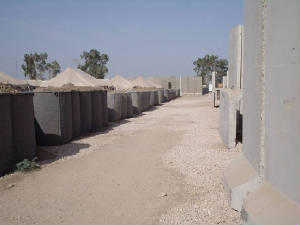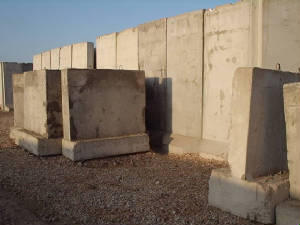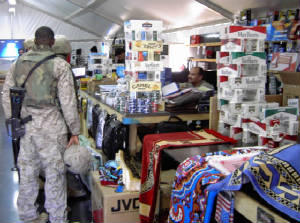Mindful Communication
from “The Blooming of a Lotus”
by Thich Naht Hanh
When practicing loving speech, I consider my words before I speak them, choosing them carefully so as to bring joy and happiness to the listener rather than grief or pain. I speak even an unpleasant or uncomfortable truth in terms that help the listener to grow and learn, rather than those that belittle or discourage her. I separate my feelings from my message, and avoid speaking rashly in anger or frustration. Sometimes I say nothing at all, when nothing will do.
The other half of mindful communication, deep listening, is one of the most important - yet least practiced - elements of meaningful human relationships. When I should be listening to the other person, my attention might be distracted by the TV, computer screen, newspaper, or thoughts of the past and plans for the future. Deep listening begins with focusing totally on the speaker, acknowledging that his every word is vitally important to my understanding of the message. Deep listening grows from truly being present with the other person, putting aside the past and future and concentrating on the presence of the other person with the totality of my senses.
Once I am paying attention to the speaker, I can begin to practice the next stage of deep listening. During a typical (unmindful) conversation, I am mentally planning my reply or counter-argument, rather than truly listening to the other person’s words. This prevents me from really hearing what the other has to say. Deep listening, however, comes from just listening – carefully considering the meaning and nuance of the speech without immediately judging or replying to it. Once the speaker has finished, I can reflect on her message and then formulate my mindful reply. When you and I simultaneously practice mindful speech and deep listening, we communicate effectively. An interesting side effect of deep listening is that interruption becomes nearly impossible!
When I was young, my father taught me a lesson in mindful communication when he explained to me the difference between reacting and responding. “Reacting,” he said, “is when you say the first thing that comes into your mind, without thinking about what I’ve just said. You are focused on your own emotions or argument, and probably didn’t really hear me. Responding, however, is when you stop to think about what I said, and reply calmly, without becoming emotional.”
Words of wisdom! Think about it – a typical conversation (particularly a “discussion” or debate) consists of two people reacting to each other’s words and emotions, never really taking time to think about what they are saying or hearing, often talking past each other. A mindful conversation, however, consists of respectful speech, deliberate consideration and reflection, and calm response.
Mindful communication is an easy concept – just pay attention, listen, and respond; repeat as necessary. Of course it is very difficult in practice, both because it means unlearning a lifetime of unmindful habits and because it takes two to communicate! Mindful communication is much more likely to occur when both parties to the conversation are intentional about their desire to achieve it. It can be very frustrating to try to communicate with someone who is oblivious to his own unmindfulness.
The best way to achieve mindful communication is to practice it whenever possible. Try this: the next time you are having a conversation, put down the paper, sit up straight, look the other person in the eye, and LISTEN! Don’t reply until she is finished speaking, and then choose your words carefully. Don’t feel obligated to answer right away – reflect on the message before responding. If the other person interrupts you, just stop talking. Wait until he finishes, then ask politely if you may speak. Most people will begin to realize about now that there is something different about this conversation. Mindfulness will follow, even if by accident.





